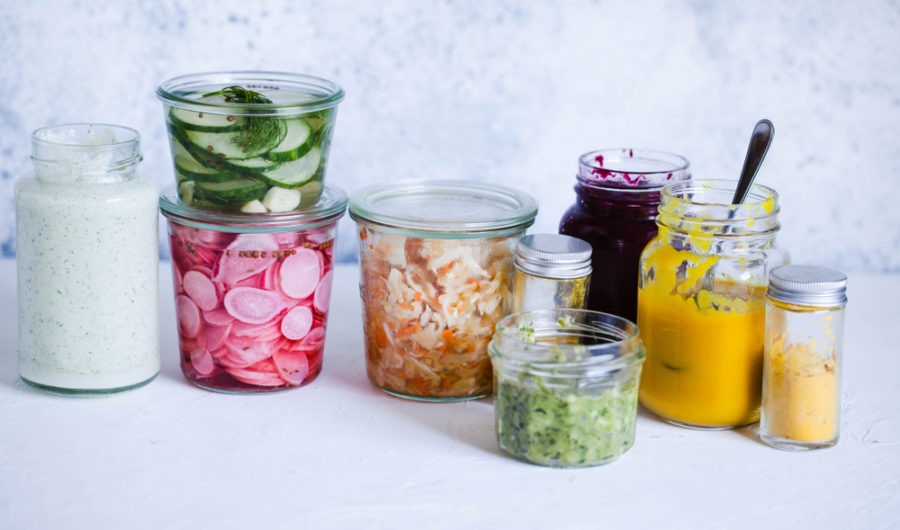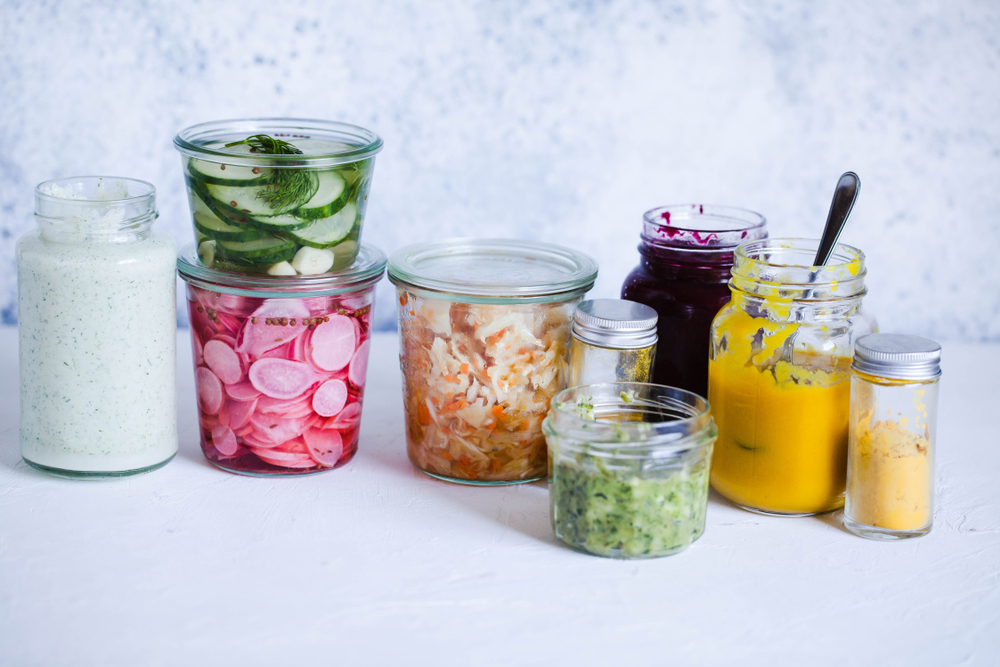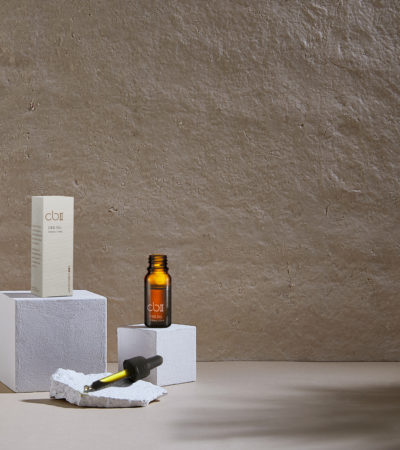You’ve heard all about gut health, probiotics and tried every fermented food under the sun, but do you really know what a healthy gut looks like? It can tell us an awful lot about our health and can even give some early warning signs that something isn’t quite right. If you haven’t been to the toilet in a few days, find yourself constantly bloated or dashing to the loo as soon as you’ve taken a sip of coffee then you may need to address a potential imbalance in your gut.
The gastrointestinal tract is complex. Advice on the internet is likely to be generic whereas a nutritional therapist might spot links or issues that you didn’t even know existed. Establishing good gut health isn’t easy in this day and age where we’re exposed to much higher levels of toxins (think pollution, pesticides etc) as well as leading arguably more stress-inducing lifestyles but working with a practitioner could make this process easier. But the main thing to note is that excessive bloating, constipation, flatulence, belching, diarrhoea or any sort of stomach discomfort is not right.
Your body is telling you things, start listening:
Note it down. Keep a food diary, including everything you eat and drink, exercise, stress levels, and when you go to the toilet. The more detail the better and although you might feel like you’re writing war and peace, it could show you or a specialist some links
Chew. Chewing your food is so utterly important, as the more we chew, the more we help our bodies further down the line. Chewing does three things; physically breaks down food, saliva is released which contains digestive enzymes and it also triggers the release of acid in the stomach and digestive enzymes in the intestines. Better digestion means happier gut.
Hydrate. At least 2 litres of water or herbal teas a day to be precise. Invest in a reusable water bottle so you can stay hydrated out and about… The great thing is more and more places (certainly in London anyway) are offering free filtered drinking water that you can use if you need a top up throughout the day.
Probiotics. Symprove is one of our favourite probiotics brands, but any other fermented foods will also help. Kimchi, kombucha (we love Remedy Kombucha) or sauerkraut are all good options. If you feel that probiotics make your symptoms worse it could be you’re suffering from SIBO and it’s definitely advisable to see a Nutritional Therapist or a Dietician if this is the case.
Get tested.
Your DNA and gut bacteria are totally unique so if you want more of an insight into what’s going on inside, Atlas Biomed’s home test kits provide ground-breaking insights into your personal health, wellbeing and nutrition by testing your stool. We need to break the taboo around poo people! The Atlas Microbiome Test not only qualitatively determines the composition of your gut bacteria, but also calculates the proportion of the different types of bacteria in the microbiome and offers helpful guidance on how you can improve your overall gut health once your results are in. All you have to do is send your poo sample (just to clarify, it’s much easier than it sounds!) in the post and wait for your results!
Variety. Most specifically variety in fruits and vegetables. It literally is a case of the more the merrier here. Set yourself a target to eat at least 8 portions of different fruits and vegetables a day. It can be easy to fall into a habit of eating the same fruits and vegetables every week but every variety of both offer completely different nutrients and different strains of healthy bacteria. Eat the rainbow, but not the same rainbow every week. Spice it up.
Breathe. You would be surprised what breathing can do. Not only is it oxygenating but it will also help your body move towards the parasympathetic nervous system which is simply put our “rest and digest” zone. Calm mind, happy gut is what we say!
Fibre. Legumes, pulses, vegetables. All of these can do wonders to our bowel movements, helping regulate our stools but also providing goodness for our gut bacteria. Try a morning smoothie – two handfuls of leafy greens, one handful of berries, a scoop of protein powder (we love Form Nutrition) one tablespoon of flaxseed and then add water, kefir (we love Biotiful Dairy’s cultured milk drinks) or coconut water as you wish. We’ve also recently discovered Bimuno which is a great fibre supplement that comes in little sachets. It helps to feed and stimulate the growth of good bacteria in the gut and is an easy way of getting a bit more fibre in your diet.
Take a break. Not just from stress but also from eating, we are all queens of snacking and sometimes it’s necessary but having a small break in between meals could do us some good. Start by trying a 3-hour gap between meals, even just every now and again or on certain days of the week to let our bodies process food properly.
Sugar. We’re sorry but it just isn’t doing you any good. Ensure you’re balancing blood sugar by combining complex carbohydrates with good sources of protein at every meal, to stop you craving it. But sugar can be adding to bloating by feeding bad bacteria and might mean that you aren’t stocking up on the vitamins and minerals your body actually needs, so try and do everything possible to remove the refined, white, instant fix sugary treats that leave us feeling groggy and tired. Swap the sugar for a healthy, nourishing snack that your body will thank you for in the long run.
Lifestyle. You will be amazed what effects your lifestyle can have on your gut health and how you feel. Sleep, stress and exercise can all have the power to make some really positive changes to our digestion. So make sure you’re sleeping enough and get moving even if it’s just a half an hour walk a day and try to combat stress where possible.
Small changes can make big differences and gut health doesn’t have to come with a hefty price tag. Tune in to your body, listen to what it’s telling you.
Read more: The Best At-Home Health Test Kits














